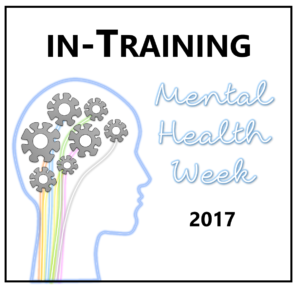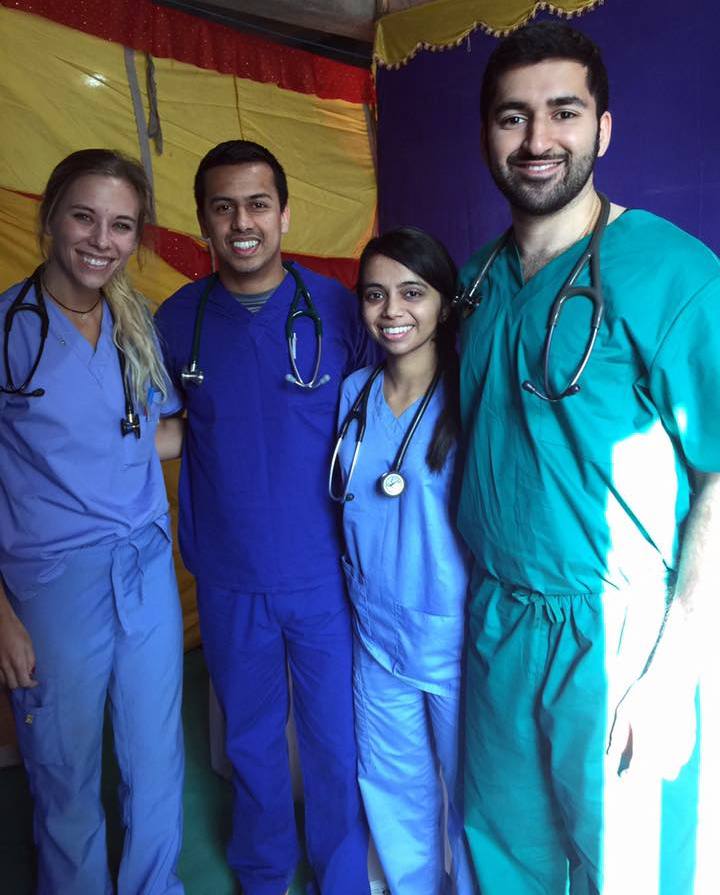The Dragon: On Coming to Understand My Mental Health During Medical School
During our psychiatry block, I learned how the aching sadness within me curls through my brain. It begins in the thalamus, amygdala, and hippocampus — three points that sit like stars in my body’s sky.



